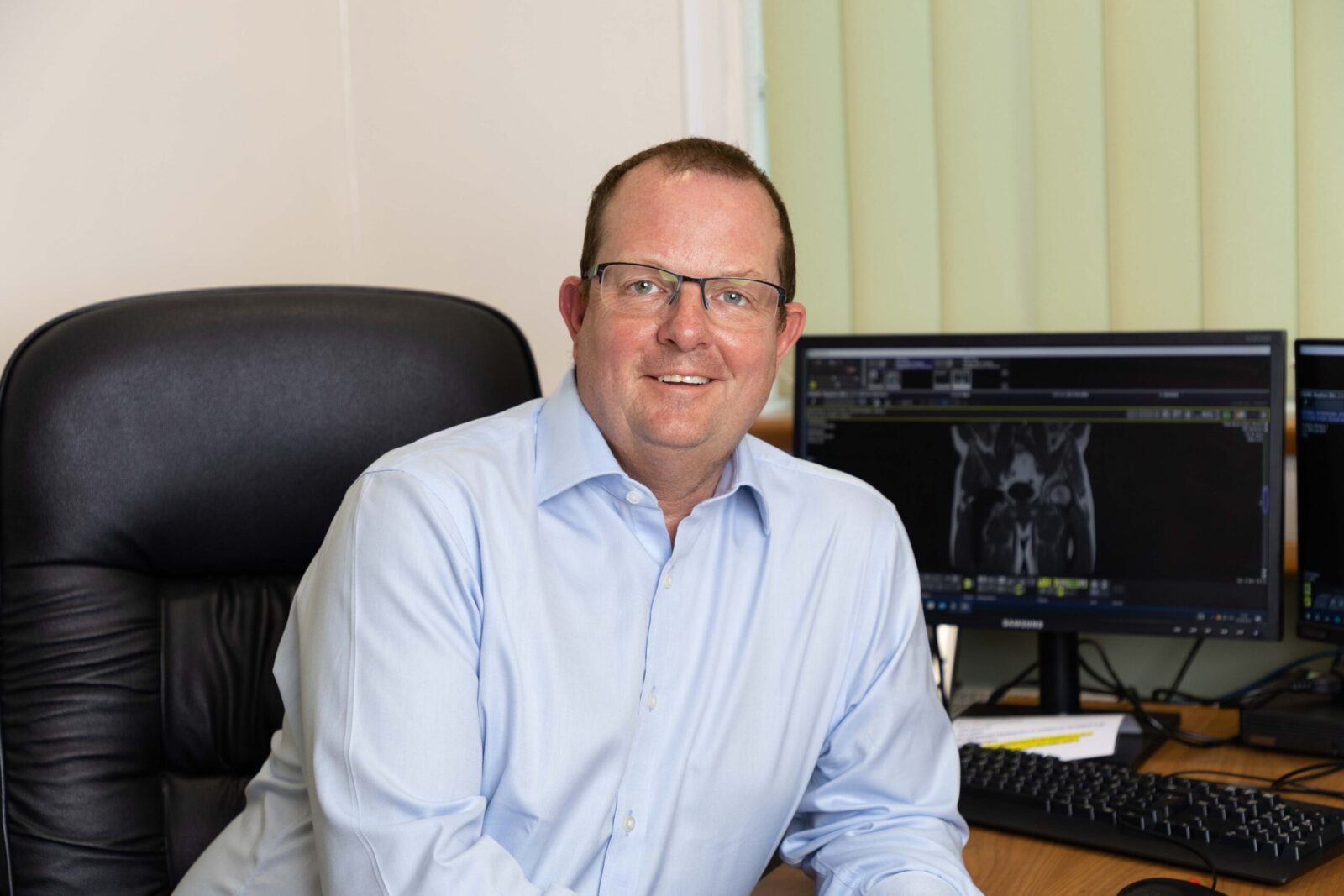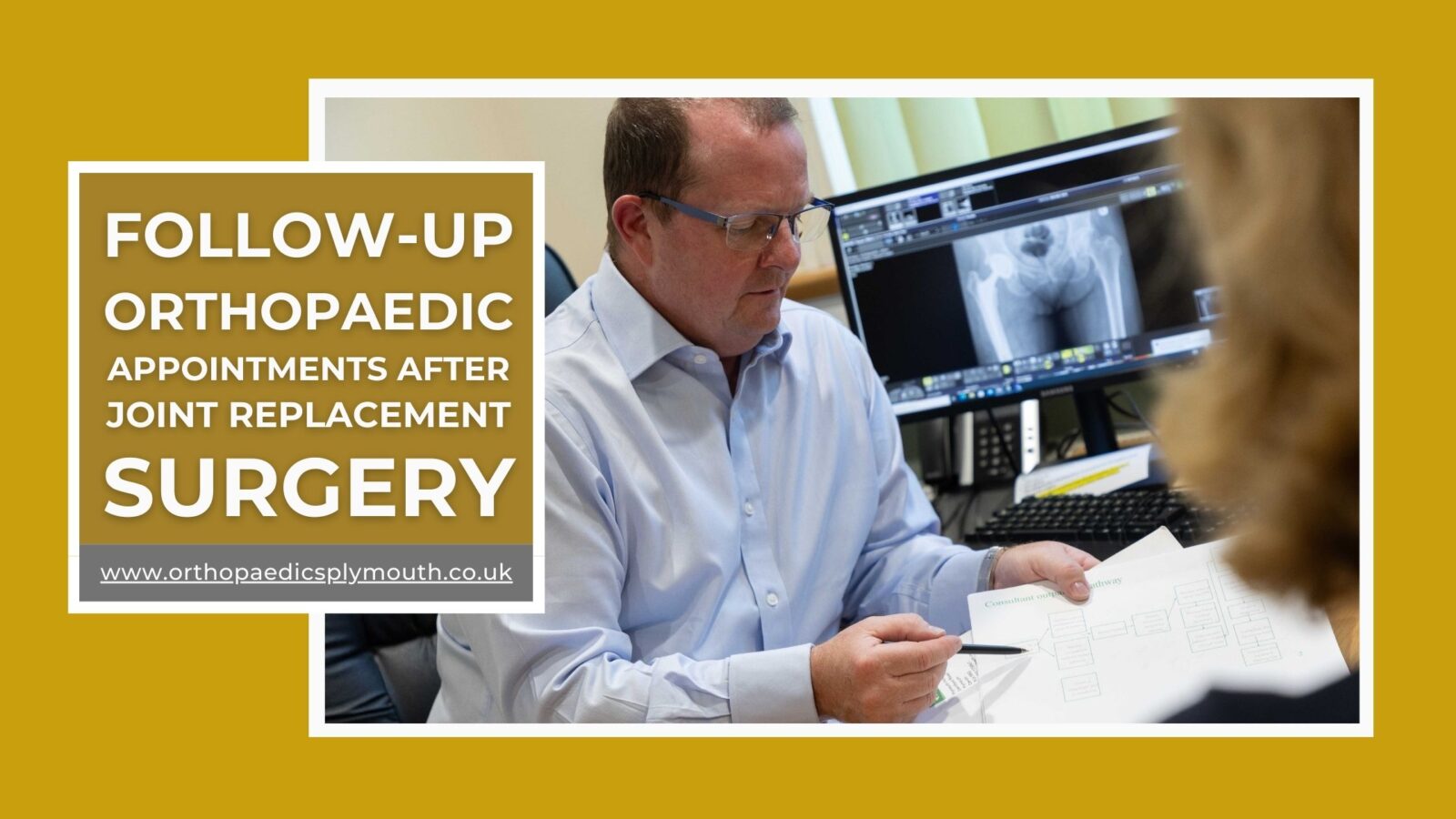Undergoing knee or hip replacement surgery is a significant step towards reclaiming a pain-free, active lifestyle.
While the surgery itself is a critical component, the follow-up appointments play an equally vital role in ensuring a successful recovery. We will guide you through what to expect after your joint replacement surgery, the importance of short-term and long-term follow-ups, mobility expectations, and answers to frequently asked questions.
Contents
ToggleWhat Happens After Joint Replacement Surgery?
Immediately following knee or hip replacement surgery, patients are usually monitored in a recovery room where medical staff can keep an eye on their vital signs. Pain management is a primary focus at this stage. Physical therapy often begins within 24 hours to encourage mobility and prevent complications such as blood clots.
Short-Term Follow-Up
The First Few Weeks
In the first few weeks after surgery, you will have several follow-up appointments to monitor your progress. These appointments typically occur at:
– 1-2 weeks post-surgery:
Mr Stitson will check your incision site to ensure it’s healing properly and assess your pain levels and mobility. He may remove any staples or stitches during this visit.
– 4-6 weeks post-surgery:
At this point, Mr Stitson will evaluate your overall progress, including your range of motion and how well you are adhering to your physical therapy regimen. He might take X-rays to ensure the implant is properly positioned.
Long-Term Follow-Up
Months and Years Post-Surgery
Long-term follow-up appointments are scheduled to ensure the continued success of the joint replacement and to catch any potential issues early. These typically include:
– 3 months post-surgery:
Your surgeon will assess your functional improvement and address any ongoing issues. They will also ensure that you are progressing with your physical therapy.
– 6 months to 1-year post-surgery:
Additional X-rays may be taken to confirm that the implant remains in the correct position and that there are no signs of complications, such as infection or loosening of the implant.
– Annually or bi-annually thereafter:
Regular check-ups help monitor the long-term health of the implant and your overall joint health. These visits are crucial for catching any wear or potential problems early.
Mobility Expectations
Early Stages
Initially, mobility will be limited, and you will likely need assistive devices such as crutches or a walker. Physical therapy will focus on regaining strength, and flexibility, and learning to move without causing damage to the new joint. Adherence to your physical therapy plan is essential for a successful recovery.
Long-Term Mobility
Over time, most patients regain a significant range of motion and can return to many of their daily activities. Some patients even return to low-impact sports. However, high-impact activities might still be restricted to prolong the life of the implant.
If you are experiencing persistent hip or knee pain, stiffness or reduced mobility, it is essential to consult with a healthcare professional, such as Mr Stitson. He can provide you with an accurate diagnosis and a personalised treatment plan.
FAQs
Q: How long will I need physio?
A: The duration of physical therapy varies by individual, but most patients continue therapy for several months. Your physio and Mr Stitson will tailor the plan to your specific needs.
Q: When can I return to work?
A: This depends on the nature of your job. Desk jobs may allow you to return in as little as 4-6 weeks, while physically demanding jobs may require 3 months or more.
Q: Are there any activities I should avoid?
A: High-impact activities like running or heavy lifting should be avoided to reduce the risk of implant damage. Swimming, cycling, and walking are generally safe and recommended.
Q: What if I experience pain or swelling long after surgery?
A: Some discomfort is normal, but persistent pain or swelling should be evaluated by Mr Stitson to rule out complications such as infection or implant issues.
Conclusion
Follow-up appointments after knee or hip replacement surgery are crucial for a smooth and successful recovery. They allow your medical team to monitor your progress, manage any complications, and adjust your treatment plan as needed. By understanding what to expect and adhering to your follow-up schedule, you can look forward to a more active and pain-free life.
If you have any concerns or questions, don’t hesitate to contact us as we are there to help you through every step of your recovery journey.
About Hip Surgery
Total hip replacement surgery replaces the worn-out painful and stiff hip joint with a new prosthetic joint. This procedure is normally performed under spinal anaesthesia and is commonly followed by a night or two in the hospital. Day-case hip replacement surgery may be an appropriate option for you.
About Knee Surgery
Knee replacement surgery replaces the worn out, painful and stiff knee joint with a new prosthetic joint. This procedure which may be a partial or a total replacement is normally performed under spinal anaesthesia and is usually followed by a night or two in the hospital. Day-case knee replacement surgery may be an appropriate option for you.

About Mr Stitson
David Stitson is a Plymouth-based Consultant Trauma and Orthopaedic Surgeon. Trained both in the UK and internationally, he has worked in medicine for more than 20 years for the NHS, for the Royal Air Force and in private practice. Mr Stitson operates privately at the Nuffield Health Hospital, Plymouth.

The Nuffield Plymouth CQC Rating
The Nuffield Hospital has a history that spans over half a century and has built a reputation for high standards of care, professionalism and expertise in delivering health services. They aim for continuous quality improvement in everything they do.
Active Quality and Governance programmes are in place at the Nuffield Hospital Plymouth. As part of this, the hospital is inspected by independent healthcare regulators to ensure it meets the fundamental standards of quality and safety as determined by the regulating body (CQC).
In the most recent inspection, Plymouth Nuffield Hospital was rated as ‘Good’ overall, however, the surgical element of the inspection was rated as ‘Outstanding’. The hospital was referred to as:
“Outstanding in effective and caring, and
Good in safe, responsive and well-led.”




![How To End Your Journey With Knee Pain [+ Proven Pain Relieve Strategies] | Mr David Stitson | CONSULTANT ORTHOPAEDIC SURGEON | Plymouth How to end your journey with knee pain](https://orthopaedicsplymouth.co.uk/wp-content/uploads/2025/03/How-to-end-your-journey-with-knee-pain-150x150.jpg)
